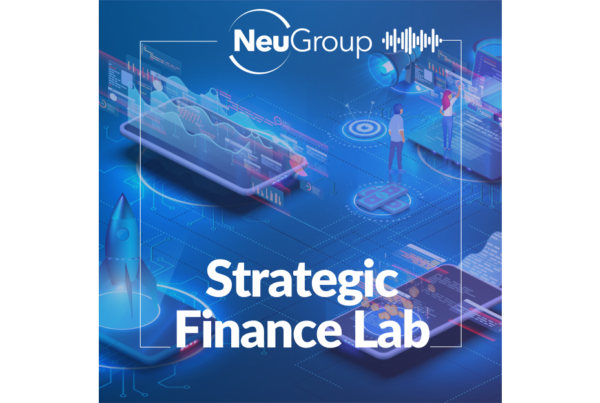
Pension managers struggle with strategy amid a pandemic pace unlike the drawn-out financial crisis.
Rapidly changing conditions during the pandemic have made it extremely difficult for many NeuGroup members and other treasury practitioners to create forecasts and devise strategies. Pension fund managers are in the same pickle, finding it nearly impossible to change their overall pension strategies given how fast the landscape is shifting.
- This is a far different predicament than during the 2008-09 financial crisis, which was a slow-moving disaster.
- “The financial crisis evolved over time, so you had a lot of time,” said one member at a recent NeuGroup Pension and Benefits virtual meeting. “In COVID, you don’t have much time – you don’t know what things will be like a week from now.”
- At the peak of the COVID crisis, pension managers focused on liquidity concerns—sometimes exacerbated by margin calls—and immediate benefit payment requirements.
Back seat. With market, credit and liquidity risk front and center, longevity risk management, which has minimal linkage to market conditions, has taken a back seat. Similarly, buy-outs and buy-ins—where plans buy annuities—are not currently priority projects.
- Buy-outs are on the back burner because many companies have already transferred low-balance participants because the economics are pretty powerful; that’s especially true of younger participants (whereas it becomes almost impossible to transfer longtime employees).
No enthusiasm for handouts. There was mixed enthusiasm for legislative initiatives like the American Benefits Council (ABC) proposal for new funding relief in light of the havoc COVID-19 has inflicted on defined benefit pension plans. This is because many investment-grade companies don’t face mandatory contributions in the next few years despite the market downturn, thanks to outstanding pension relief and previous proactive pre-funding.
- Nonetheless, funding relief remains a very important issue for some meeting participants; also, the Health and Economic Recovery Omnibus Emergency Solutions Act (HEROES) passed by the US House apparently already includes many of the ABC provisions that would result in substantial funding relief. HEROES was previously estimated to equate to roughly five years of funding holiday.
Fixed income. In drilling down on fixed-income strategy, one sponsor presenter said that, broadly, there are three phases of a crisis: a liquidity crisis, a credit crisis and, finally, an inflation crisis. He believed that we are at the start of the credit crisis stage. He noted that central banks are supporting some categories of assets but not others, with clear trading implications.
- It is hard to evaluate some asset categories based on cash flows that are currently being deferred by many borrowers (such as rents) because it’s not known how much and how fast the deferred amounts will get repaid.
- Also, it was explained how increases in operating costs can erode margins and also increase leverage—particularly in the high-yield space. Ultimately, members should worry about inflation because how else will all the government and private sector debt get repaid?


